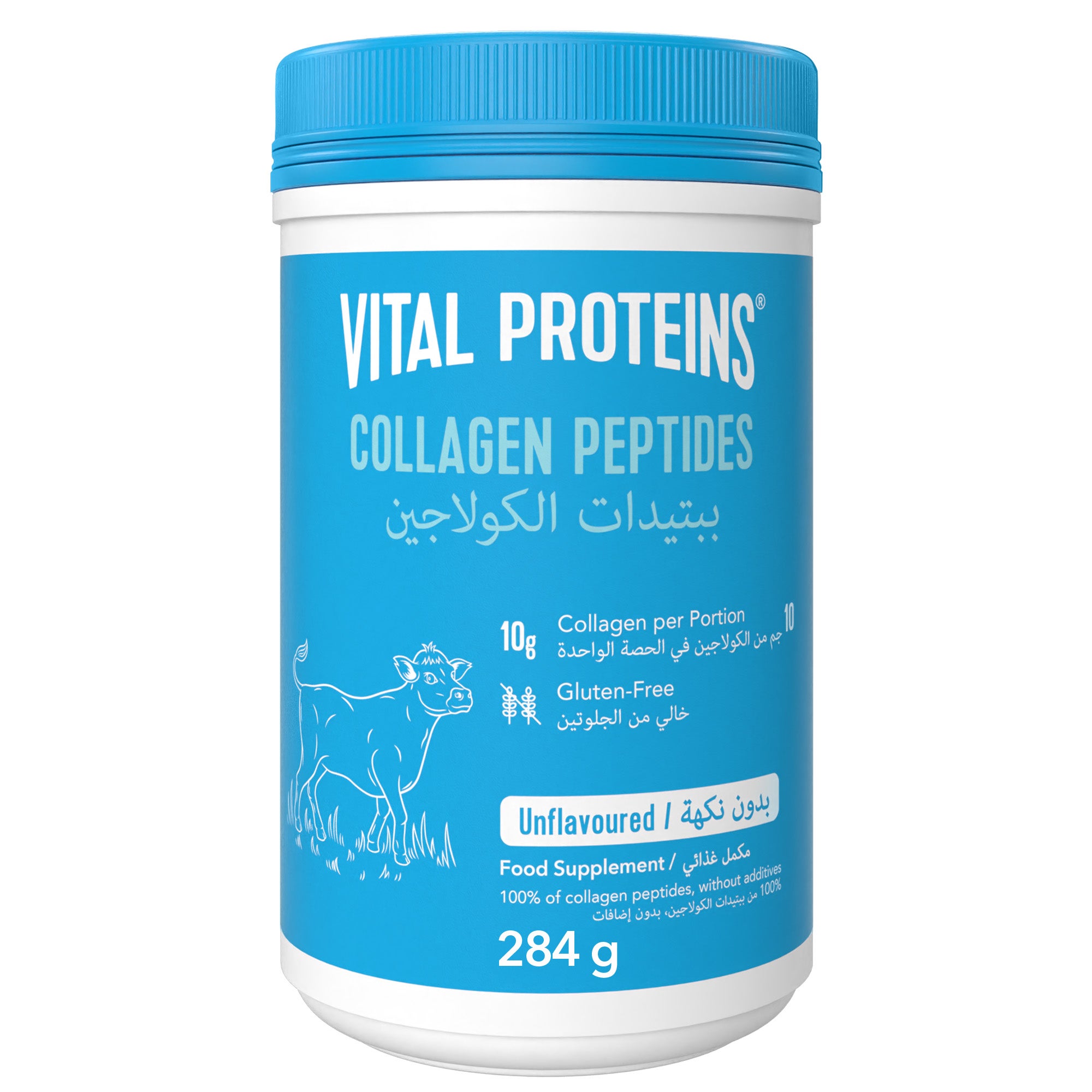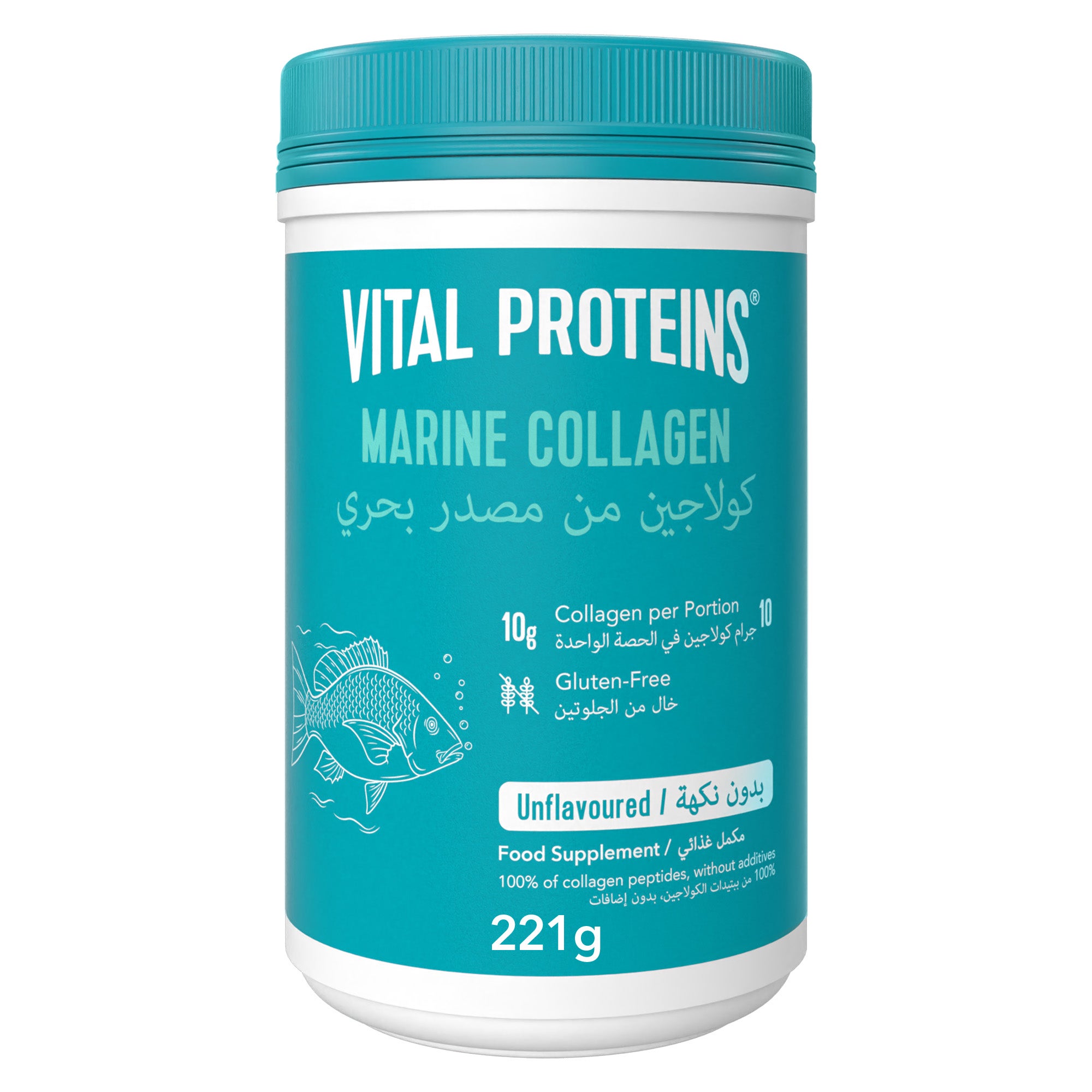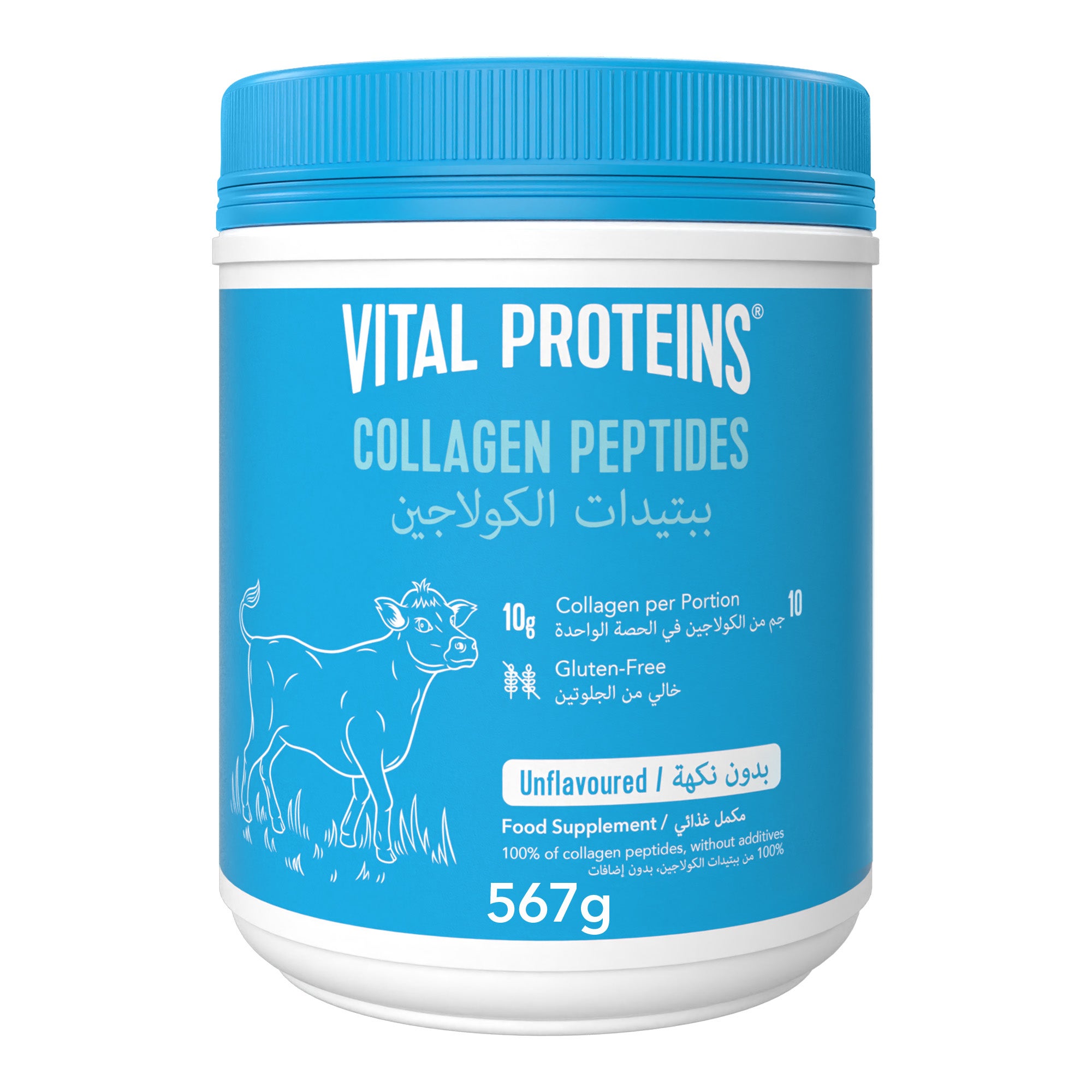
What is the best way to replace collagen?
Did you know that the loss of collagen in the body starts around the age of 25? After 40 years the human body can lose about 1% per year, and by the age of 80, collagen production in the body in general can decrease by 75% compared to that of young adults.1
But what is the importance of collagen for our body?
Collagen is critical to your beauty and youth. It acts in the prevention of aging of the skin, hair and nails, in addition to the health of bones, muscles and even the lungs and heart.2
So, supplementing with collagen is a good idea to prevent these effects, right?
But does replacing collagen really work?
You've probably read and heard about the "collagen supplementation controversy", particularly as it pertains to your body's ability to actually absorb and direct the collagen supplement to your skin, in addition to your tendons, cartilage, bones, muscles, etc. hair and nails.
The good news is that, yes, replacing collagen works, but there's something important: it doesn't serve any type of collagen. Replacement is required with collagen in the specific form of bioactive collagen peptides.3
So let's understand more about collagen types:
- COLLAGEN TYPE I
It is the most common type present in the skin, hair and nails, in addition to bones, teeth, tendons and in the eyes, in the cornea. Type I collagen brings hydration, elasticity and resistance. Type I collagen supplementation has been shown to be very effective in aesthetic terms, helping to prevent accelerated aging.4 - COLLAGEN TYPE III
This type of collagen is essential for health, as it is present mainly in blood vessels, in the aorta artery of the heart, in the lungs, in the muscles of the intestines, in the liver and in the uterus, in addition to the tendons and ligaments.4 - HYDROLYZED COLLAGEN
Hydrolyzed collagen is collagen that has undergone a process called enzymatic hydrolysis, having its large molecule transformed into smaller peptides. However, it is not just any hydrolysis that provides beneficial effects on the human body. For this, collagen must undergo a specific enzymatic hydrolysis, generating biologically active collagen peptides, that is, which have the ability to modulate the biological function of a target cell/tissue. Without this process, the non-specific hydrolyzed collagen will act as a common protein, not necessarily achieving the expected goals.3
Discover Vital Proteins® hydrolyzed collagen, the number 1 brand in the United States, made with high quality, naturally sourced ingredients. Available in flavors: neutral, matcha or dark chocolate blackberry. It's soluble in any hot or cold beverage and provides all the collagen your body needs with every serving.
Bibliography
1. León-López A, et al. Hydrolyzed Collagen-Sources and Applications. Molecules. 2019;24(22):4031.
2. BD – Brazilian Society of Dermatology. Learn about skin aging processes and learn how to slow them down. https://www.sbd.org.br/noticias/conheca-os-processos-de-envelhecimento-da-pele-e-saiba-como-retarda-los (Access on September 2020).
3. Zague V, et al. Scientific Basis of the Effects of Oral Supplementation with Hydrolyzed Collagen on Skin. Revista Brasileña de Nutrición Funcional. 2016;15(65):19-25 https://www.vponline.com.br/portal/noticia/pdf/60f70519d95198c164a1ea01eb85f156.pdf
4. Gonçalves, G.R., Oliveira M.A.S., Moreira, R.F., de Brito D. Benefits of collagen intake for the human body. REB. 2015;8(2):190-207 https://revistas.pucsp.br/index.php/reb/article/viewFile/18568/17395


